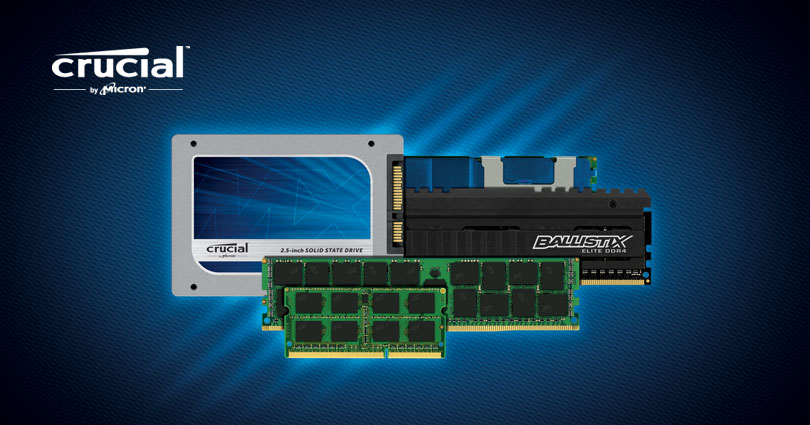OK, so I'm going to add a number 5 to my "menu" of mitigations -Has it carried on in the same trouble-free vein for you @Iomahs?
I have the same PCIE drive setup as you and have just upgraded to the release version of 14.4.
Initially things looked good, but then I had a kernel panic on restart, and two more shortly after the desktop reappeared. After the first one, my drives went missing, but were present last time and are present again this time.
The info at the start of the "send a report" window referred to the keyboard driver the first time, but the last couple of times it has referred to the NVME driver:
Backtrace (CPU 0), panicked thread:
...
Kernel Extensions in backtrace:
com.apple.iokit.IONVMeFamily(2.1)
Mercifully, these kernel panics, which I'd also been getting with 14.3.1, still only seem to strike on shutdown or shortly (a minute or two) after startup; in between, everything seems to be stable.
I suppose it counts as an improvement with 14.4 (so far) that the only time the drives haven't shown up is after a mid-shutdown kernel panic!
5) unmount PCIE drives before shutting down or restarting
- and see if that (alone) is enough to avoid any kernel panics or failed auto-mounts, on 14.4.
Last edited:


